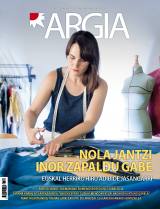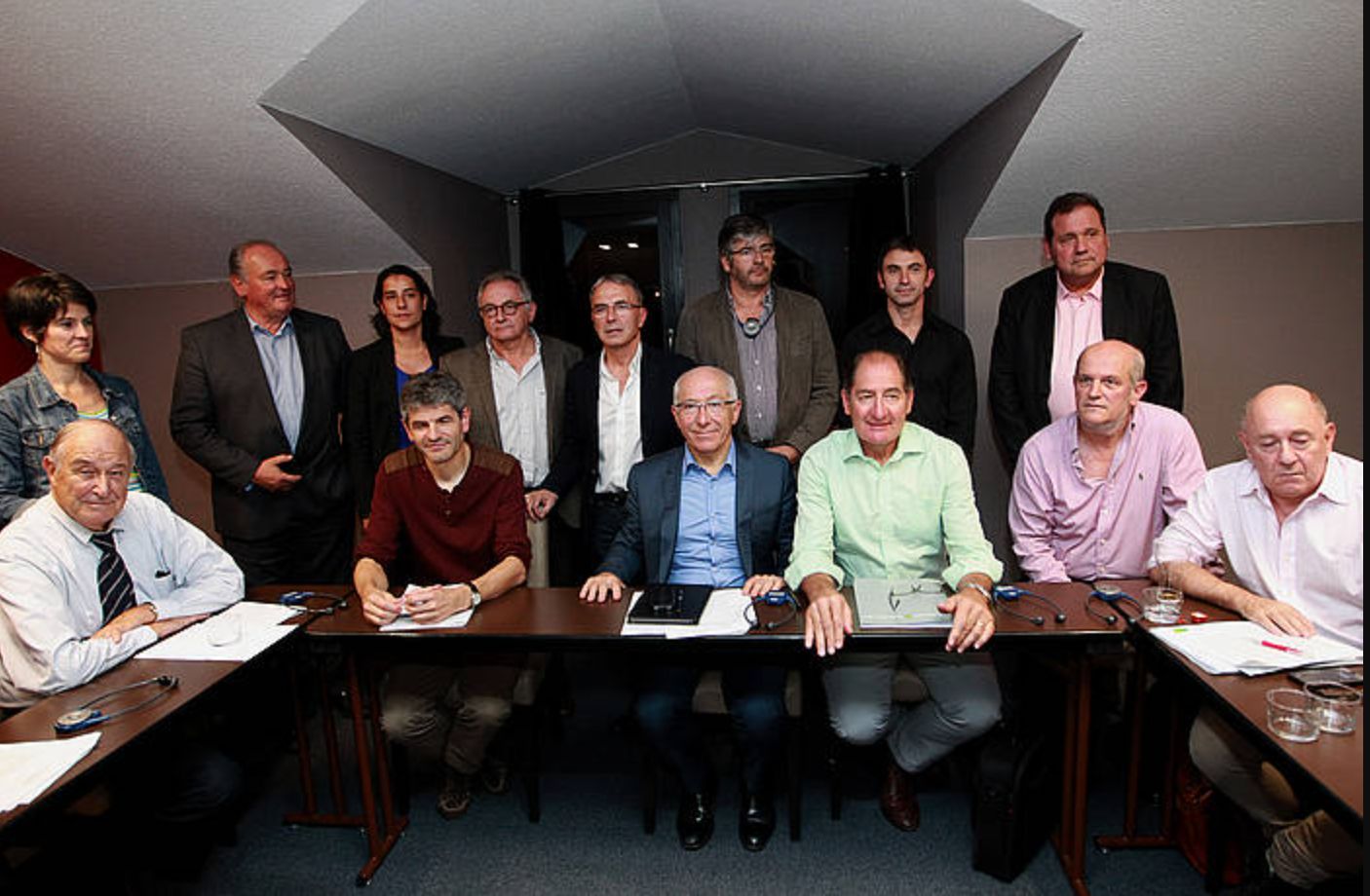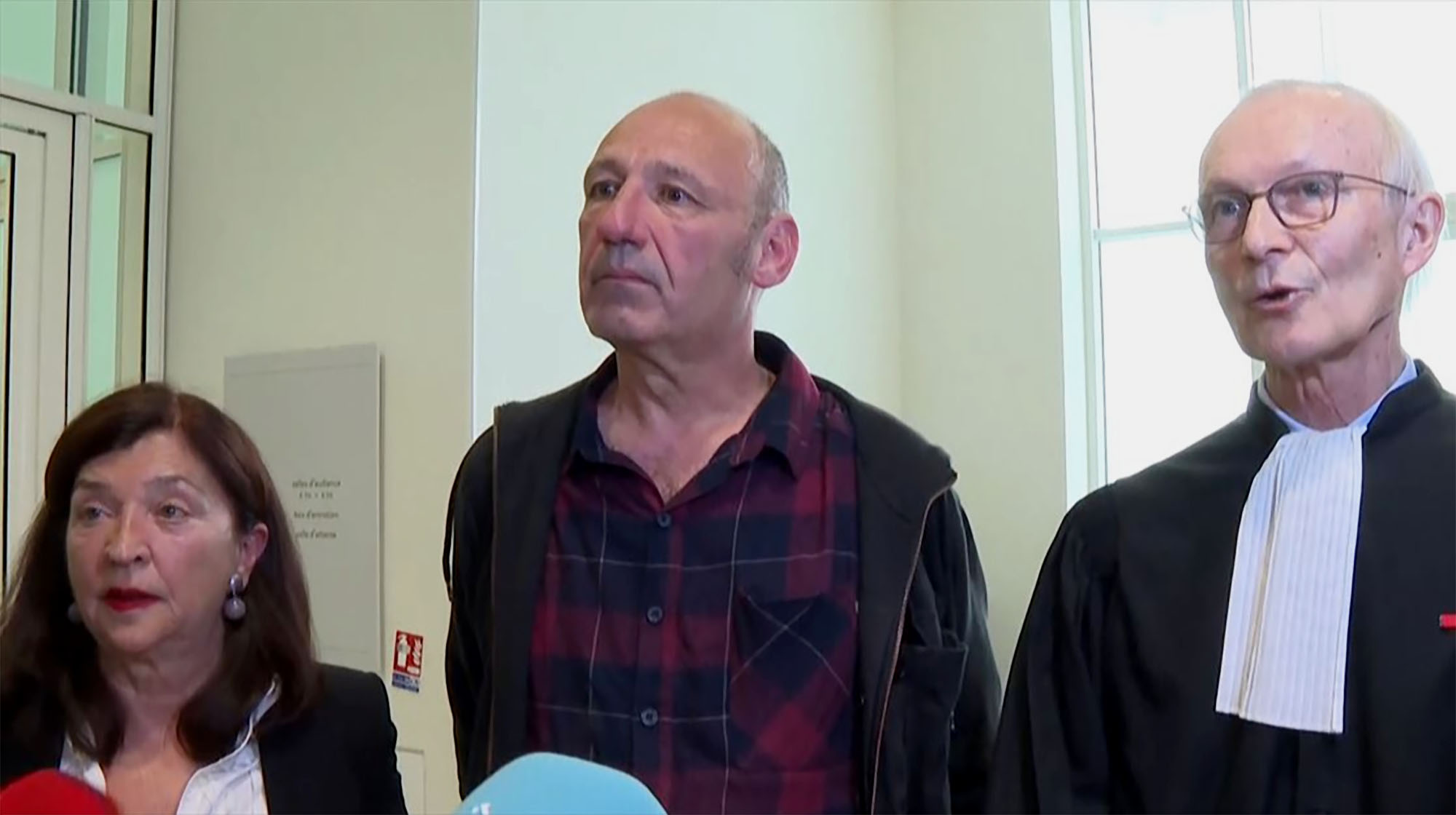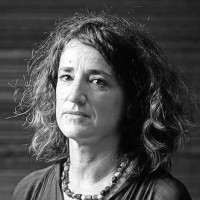Wall to be overcome
- In recent years, the main French media can occasionally hear and read the message of supporters of the peace process in Euskal Herria. The pedagogy carried out is the harvest of an enormous amount of work. In general, because it is the thesis of the governments of France and Spain, which have been governing for a long time. The advocates of the solution are facing serious obstacles in spreading the issue through the French media, which are trying to defeat the force.
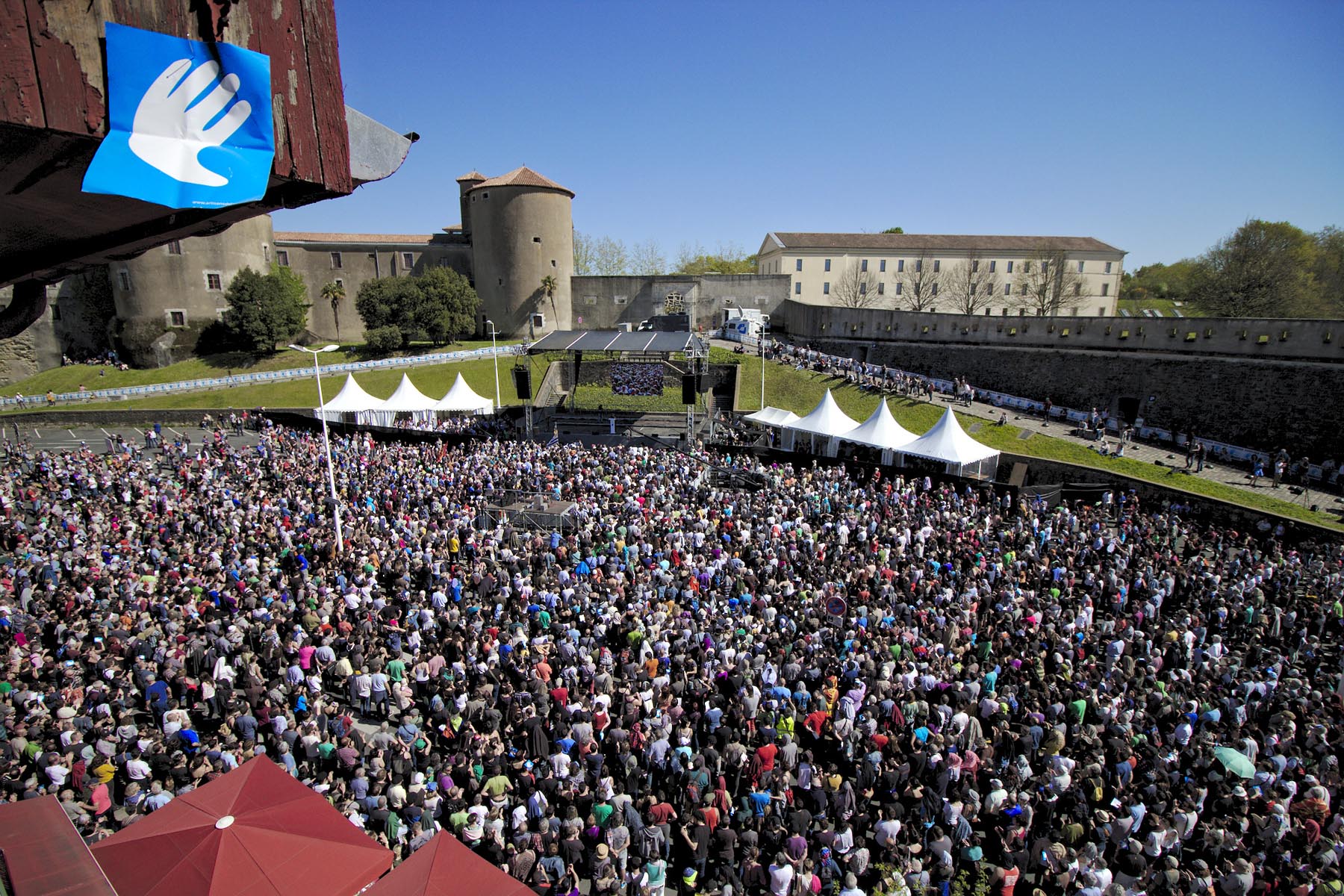
Whether it be a programme on radio France Culture or a report in a large newspaper that has a drafting office in Paris, it seems that the Basque conflict has finally managed to position itself in the French media. What is more, it seems that the discourse of the supporters of the peace process has gone back to him by finding a place. Asked for this, the advocates of the solution say that with the exceptions you cannot generalise. Professor of Law Jean-Pierre Massias, expert in peace processes, completes the media landscape: “Media treatment has been disrupted since the Aiete Conference, but that does not mean that its reading has been questioned.”
It's a great job.
Jean Noël Etxeberri Txetxe warns that a lot of work needs to be done to get a mention. He is an artisan of Peace and an ecologist militant of Bizi!, works hard to put Mugitu's demands on the media! : “At the time of the case of the Basque Country Chamber of Agriculture, we made the first page of the newspaper Le Monde; but to achieve it I had to spend two weeks in Paris, from morning to night, in quotes, without cuts explaining the subject. The work that needs to be done to cross this media wall is enormous.” Maitena Thikoip, from Bake Bidea, knows a lot about this work. On more than one occasion he has heard from the journalists in Paris that on the issue of the solution there is no “quite substance” or there is “a terrible taboo”. Bake Bidea has set the goal of explaining the peace process, wanting to change the trend. The role of the media is important. Massias makes it clear: “The resolution of the conflict goes through public opinion; it can push or hinder. That is why the media are essential, because they have a great influence on public opinion.”
By mouth of Madrid
Thikoip says that, if you look at them in general, the reading remains: “In art we find different dictionaries and speeches, but still France, and therefore Spain, has a dominant discourse. As Etxeberri remembers the old logic: In 1983 the Government of Spain had a chapter in the Shock Plan (Plan Zona Especial Norte) to deal with ETA and leftist nationalists in general.
Maitena Thikoipe, Camino
de la Paz:
“We’ll need a point of innovation and courage to stay interested in the next steps”
Aimed at communication n. Thus, even if the event takes place in Paris or Baiona, the monitoring is systematically carried out by the Madrid correspondents. A “disgusting” treatment, as Etxeberri warns.
In addition, the peace craftsman warns that the present situation outside Paris has difficulty in positioning itself in the media: “Only in France are there the issues that exist in Paris.” The clearest example is that of Alternatiba, a people organized for climate change. From Baiona, they have made a journey through different towns, bringing thousands of people together; they have also made an Alternatiba Tour by bicycle passing through France, Euskal Herria and other towns. However, very little was mentioned and, later on, interest appeared in the first edition of the village organized in Paris. As for the peace process, the change was felt on 11 June 2015. That day the Paris Peace Conference in the Basque Country took place on the ground floor of Parliament. “The evolution was very clear: the media systematically dedicated to disseminating the State’s thesis took a different perspective. It was a true media revolution,” as Massias remembers.
There is another element to take in Thikoiper’s opinion. Awareness of the attack at the headquarters of Charlie Hebdo. They realized that the same terminology had been used to cover different situations: “He looked again at the nature of the Basque conflict and the barrier that was very tight is no longer so widespread.” Above all, the arrests in Luhuso made it clear to journalists that they were unaware of the issue.
Components of luhuso
In the period of four days of interrogation of the detainees, the message of the media was completely transformed: from the thesis of Spain in the first hours to the lack of purpose of it. As a headline, one could read “the Franco-Spanish operation in disorder” or “the operation against ETA strongly criticized”. Many realised that the official information collected in the first few hours was not in keeping with reality. The subject was present until the disarmament of 8 April. Basically, Le Monde reported on the day of disarmament, spreading the information.
In explaining this succession, Etxeberri details three elements: the relationship with the media, a topic of interest, if it was a “spectacle” (to follow the sociopolitical notion of “spectacle” conceptualized by the thinker Guy Debord) and the favorable context (among them, the desire to end the terrorist actions of the jihadists in France and internationally).
Jean-Pierre Massias,
expert in peace processes:
“The resolution of the conflict goes through public opinion; it can push or hinder. That is why the media is essential, because they have a great influence on public opinion”
In the context of media concentration and privatization, Etxeberri says that this notion of “spectacle” must be taken into account. "They're in a capitalist logic, they have to sell the information and they want a subject that's going to be sold. Knowing that, if you are aiming for media monitoring of your message, you must invent forms of narration and/or action that make you arouse interest.” Add the following note to this warning: “We are very clear that when it comes to adapting the form, the political essence must not be adapted.” He says that this search for mediatization can be to achieve an objective or to protect himself.
The day after 8 April, Thikoip noticed a change in his attitude: “The usual, rather vomitive discourse detracts from the credibility of the initiative.” What happens is that for the French media there were also correspondents from Madrid in Baiona, looking at the topic with soda from Madrid. Looking to the future, Bake Bidea’s member has also underlined that they will continue to work and build relationships with journalists. It also specifies another element: “We’ll need a point of innovation and courage to stay interested in the next steps.” The main event will be in Paris: a mobilisation to denounce the emergency measures imposed on Basque political prisoners.









